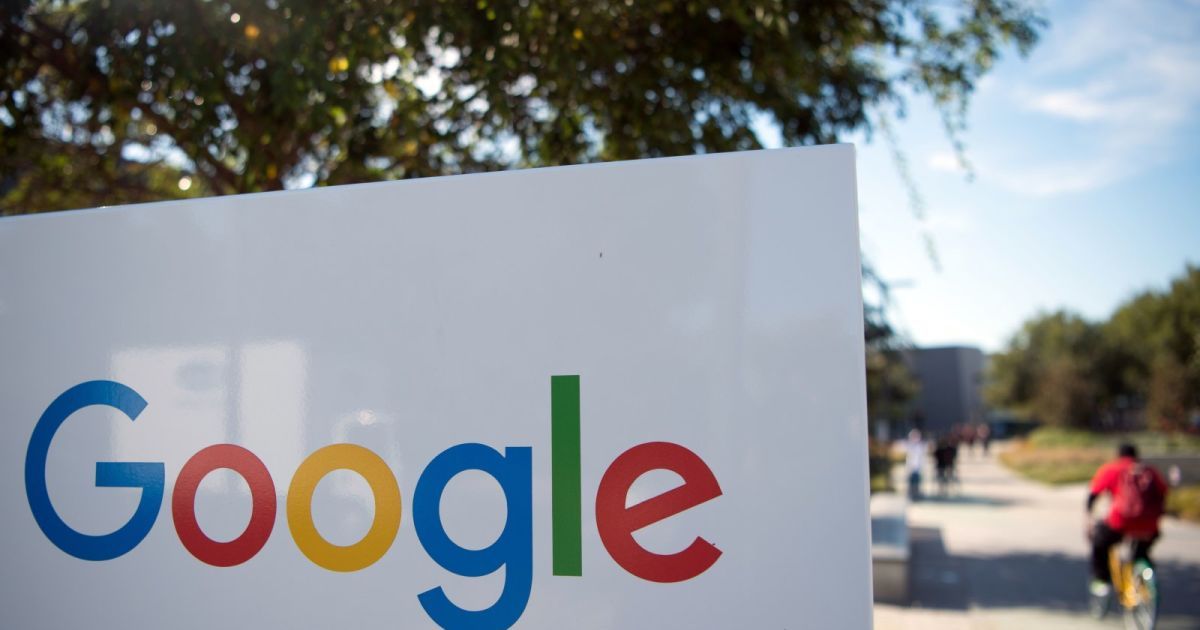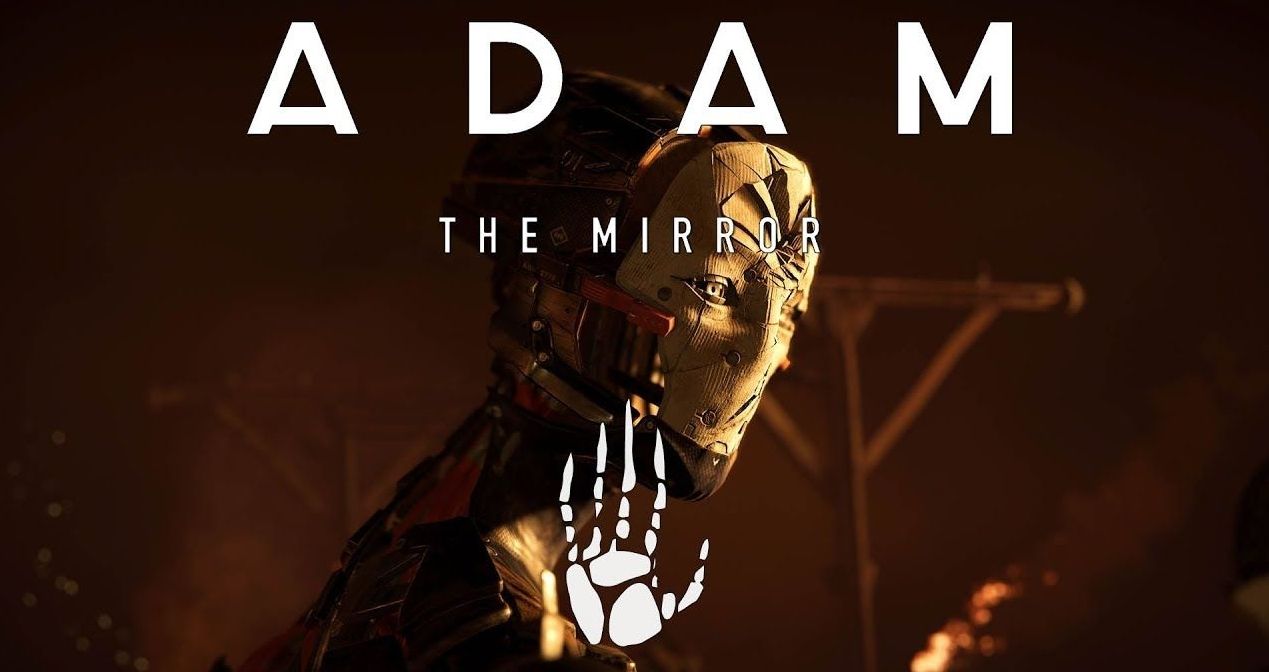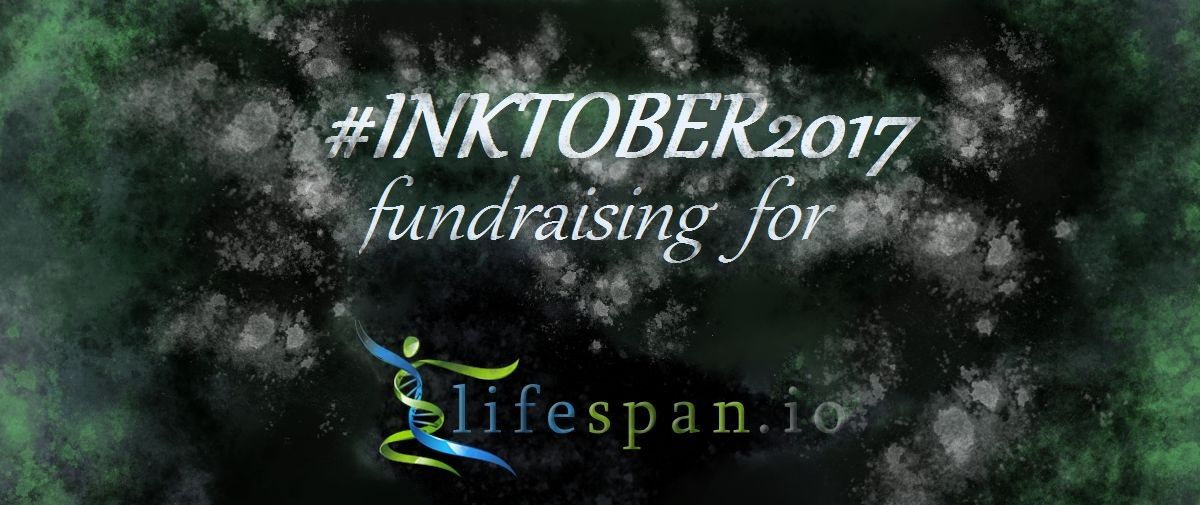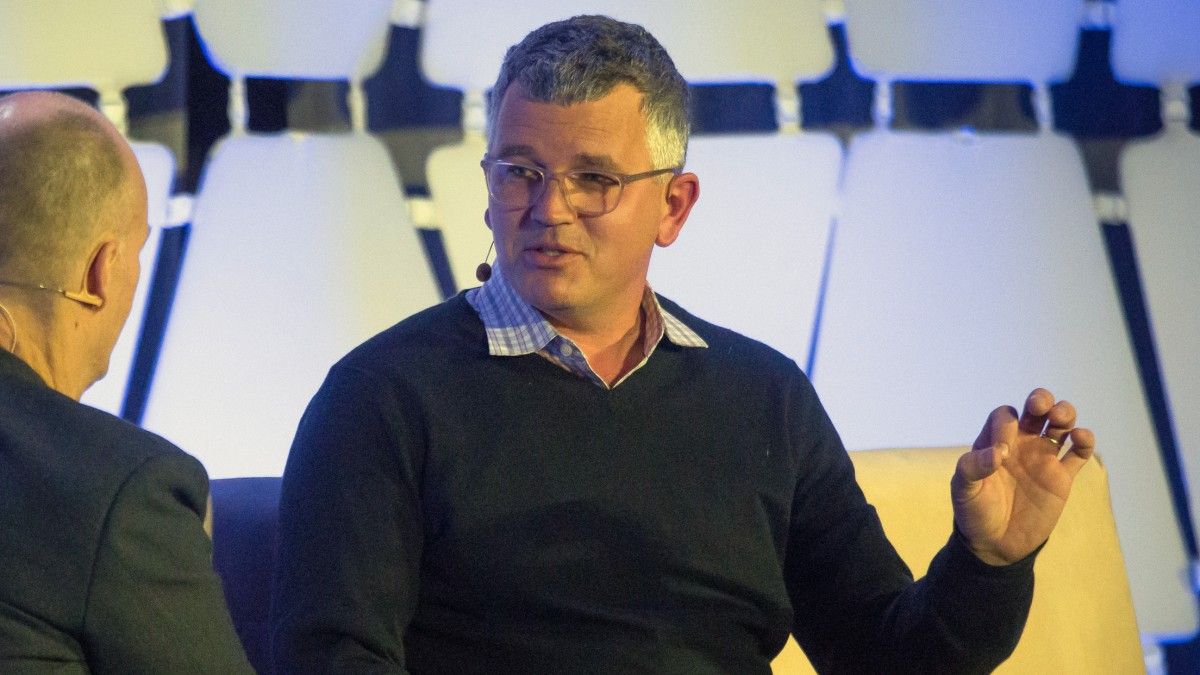“Rather than killing creativity, perhaps big data is fostering a new golden age of creativity.”


“Rather than killing creativity, perhaps big data is fostering a new golden age of creativity.”


Over the past year, Google has demonstrated its desire to step up its hardware game. The company bought HTC’s Pixel team for $1.1 billion, designed its own imaging chip for the Pixel 2 and also hired a key Apple chip designer. Bloomberg reports that in its bid to gain an edge on the competition, Google has quietly snapped up UK startup Redux, a small team focused on delivering sound and touch feedback via mobile displays.
According to filings, Google took control of the startup back in August and then subsequently shut down the company’s website. Previous demonstrations show Redux playing back music via a tablet device, which possesses tiny actuators that vibrate the screen and effectively turn it into a loudspeaker. By eliminating the need for smartphone speakers, Google may be able free up more space for batteries and other important components inside future smartphones.

“In Human Time, the first exhibition of the Climate Museum, explores intersections of polar ice, humanity, and time through installations of work by Zaria Forman and Peggy Weil.”

There are a lot of people in the world that need glasses on a daily basis. Despite their often expensive price tag, they do little more than correct poor eyesight. Let Glass updates glasses for the 21st century by integrating them with smart home connectivity.
While maintaining a slim form factor, Let Glass features audio entertainment, telephone communication, and voice interaction. Using Alexa and a built-in microphone, these frames allow users to control their smartphones without fumbling through their pockets. Simply tapping the legs of the smart glasses activate remote control functions, while voice commands handle everything else. In addition to Amazon Alexa, Apple Siri and Google Now are also supported.
Keeping with a traditional appearance, audio is produced using bone conduction technology. Instead of a speaker, the glasses vibrate the small bones in the ear to produce sound. This also keeps ears open to other noises, ensuring users remain aware of their surroundings. This allows users to listen to music, track activity, use voice navigation, call a friend, and more.

This week, Neill Blomkamp, the Academy Award-nominated director of District 9, unveiled a short film that he made with the Unity Technologies game engine. At Unity’s event in Austin, Texas, Blomkamp’s Oats Studios showed off Adam: The Mirror, a 6-minute film that was a sequel to Adam, a short film that Unity built as an internally produced showcase demo last year.
Evoking the theme of transhumanism, or the notion that we can live beyond our physical bodies, the film shows an android coming to life and realizing that it was a human trapped in a robot’s body. The film was meant to show off the power of the Unity engine when it comes to making high-quality 3D graphics. But to Blomkamp, it’s also an example of how a game engine can help democratize film, making life easier for independent film makers just as Unity has done for indie game developers.
Oats Studios in Vancouver will release a second film, Adam: The Prophet, also built with Unity. And if all goes well, then Blomkamp might be able to get financing for a larger Adam movie, since he has already created a backstory and script for the project. Blomkamp said the game engine helps because it allows him to shoot one scene and then put it into a digital form, like a “3D sandbox.” He shot some scenes in the desert for Adam: The Mirror. And if he needs to re-use that desert scenery, he can do so very easily because it exists in a digital format. So he only has to go out to the desert once to shoot actors.

A great initiative by Laura Katrin Weston one of our amazing volunteers. She is supporting research fundraising using the wonderful artwork she produces at Black Cat Studios.
Black Cat Studios is a small private recording, music production and art studio in Leicestershire, UK, providing a range of services for musicians, broadcasters, and game developers. It is really great to see the community starting to use their talents and passions outside of longevity to help support research. All proceeds will go to Lifespan.io and we will use them to support cutting-edge medical research projects such as MouseAge.
Laura will be producing artwork based on 31 themes all with a longevity or transhumanist flavor to them based on this list:


[youtube_sc url=“https://www.youtube.com/watch?v=uvKeZ4GN5tg”]
When one thinks of Mark Twain, one thinks of folksy wit, Huckleberry Finn, Tom Sawyer and the Mississippi River. Twain’s work immortalized the rapidly changing United States of the 1800s. But in his personal life, Twain often preferred the future to nostalgia, supporting women’s suffrage and civil rights, and frequently being contemptuous of what he considered to be the absurd and corrupt values of the past. He harbored a long running fascination with technology and new gadgets, and frequently invested in the latter — albeit with spotty success, at best. But Twain cemented his becoming an honorary futurist via his long friendship with inventor and Mad-scientist archetype Nikola Tesla.